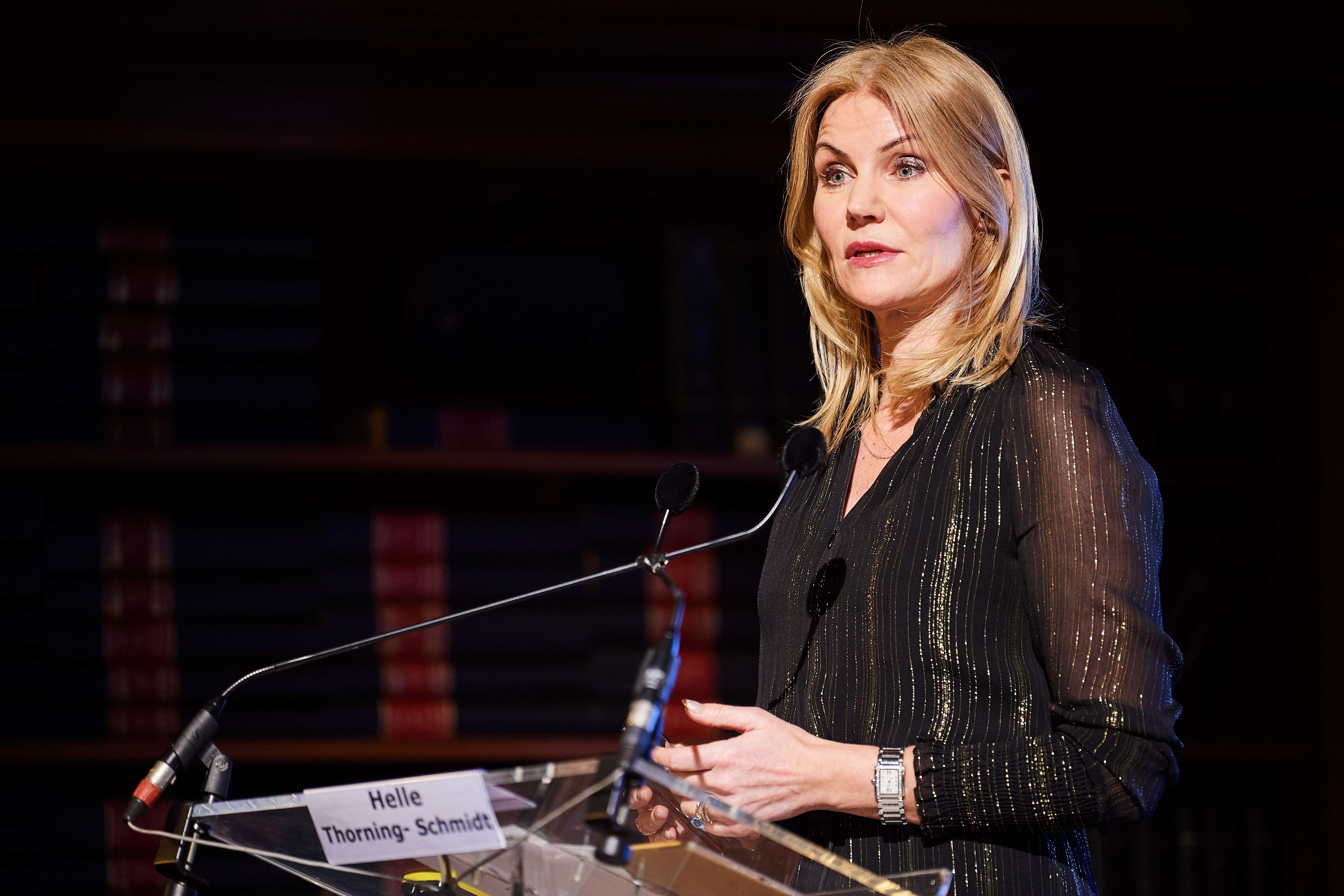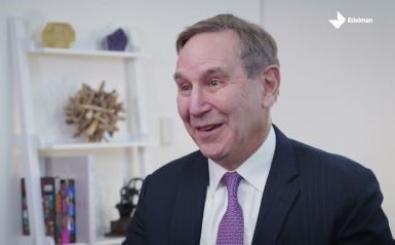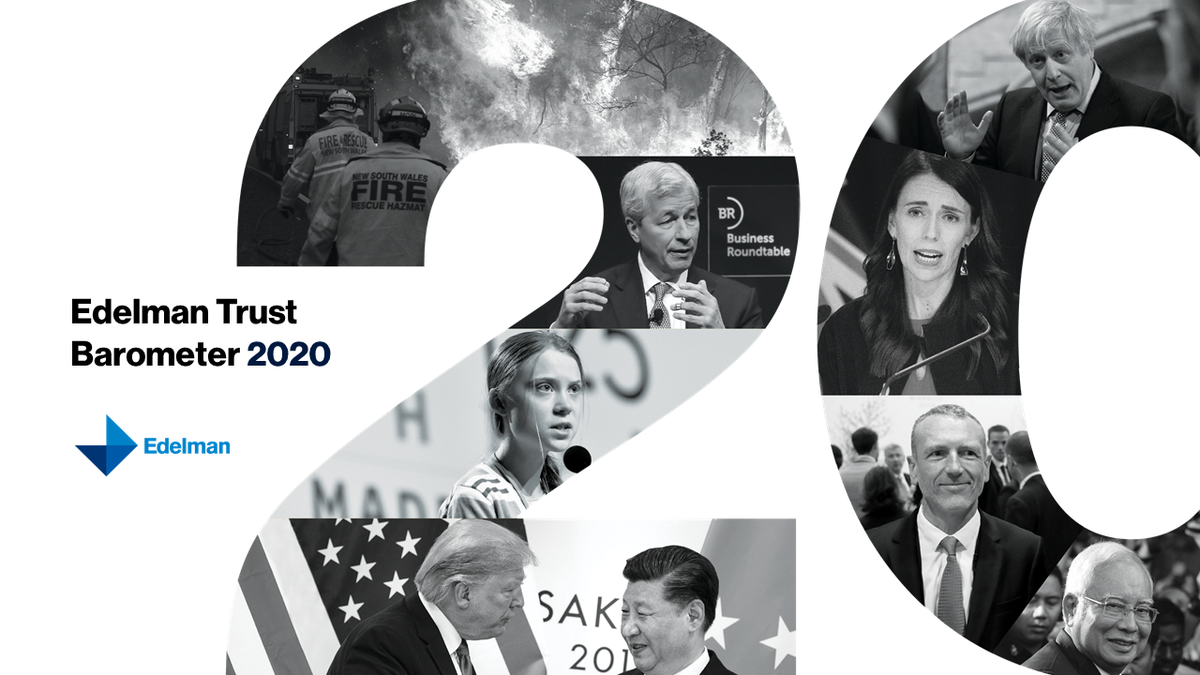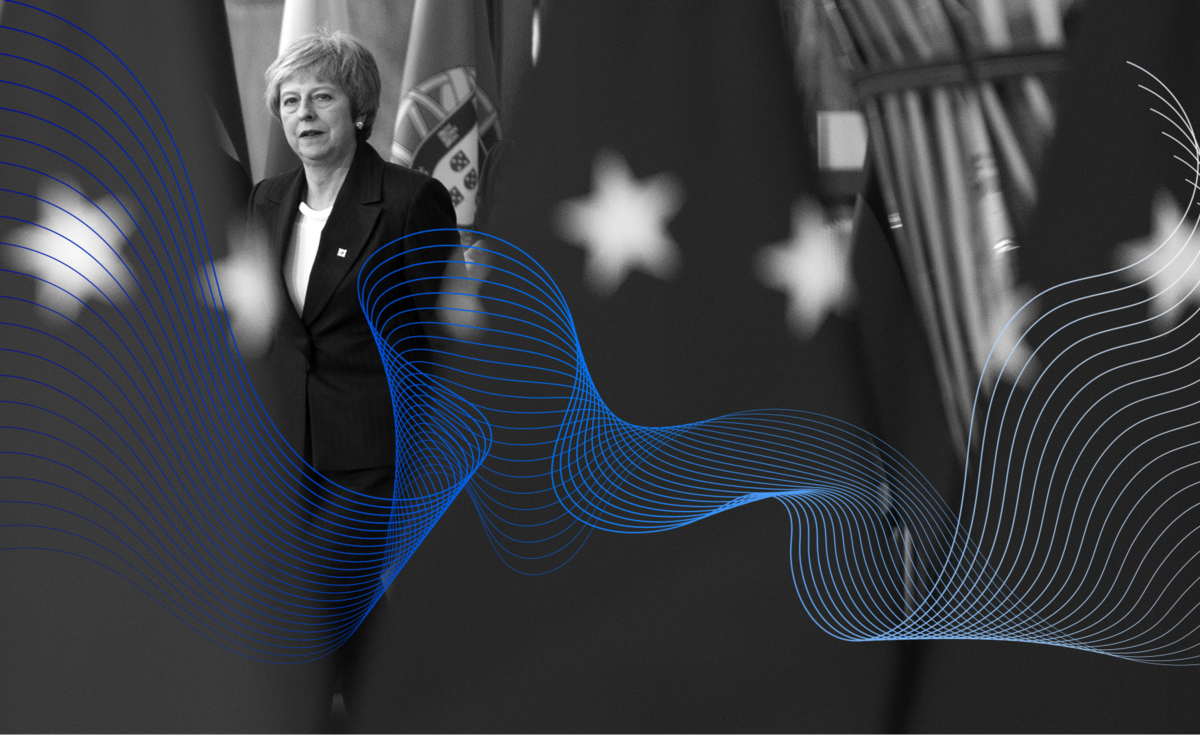Fixing Capitalism under Fire
Addressing European regulators and the Brussels public affairs community during the launch of the 2020 EU Trust Barometer in Bibliotheque Solvay, Edelman showed that 60% of EU respondents felt that capitalism, as it stands today, does more harm than good in the world. A growing sense of inequity translates into an unprecedented gap between the informed public and the mass population in how much they trust government, business, media and NGOs. These different trust realities cause pessimism about economic prospects as well as fears of being left behind which gives rise to phenomena like populism and undermines liberal democracies.
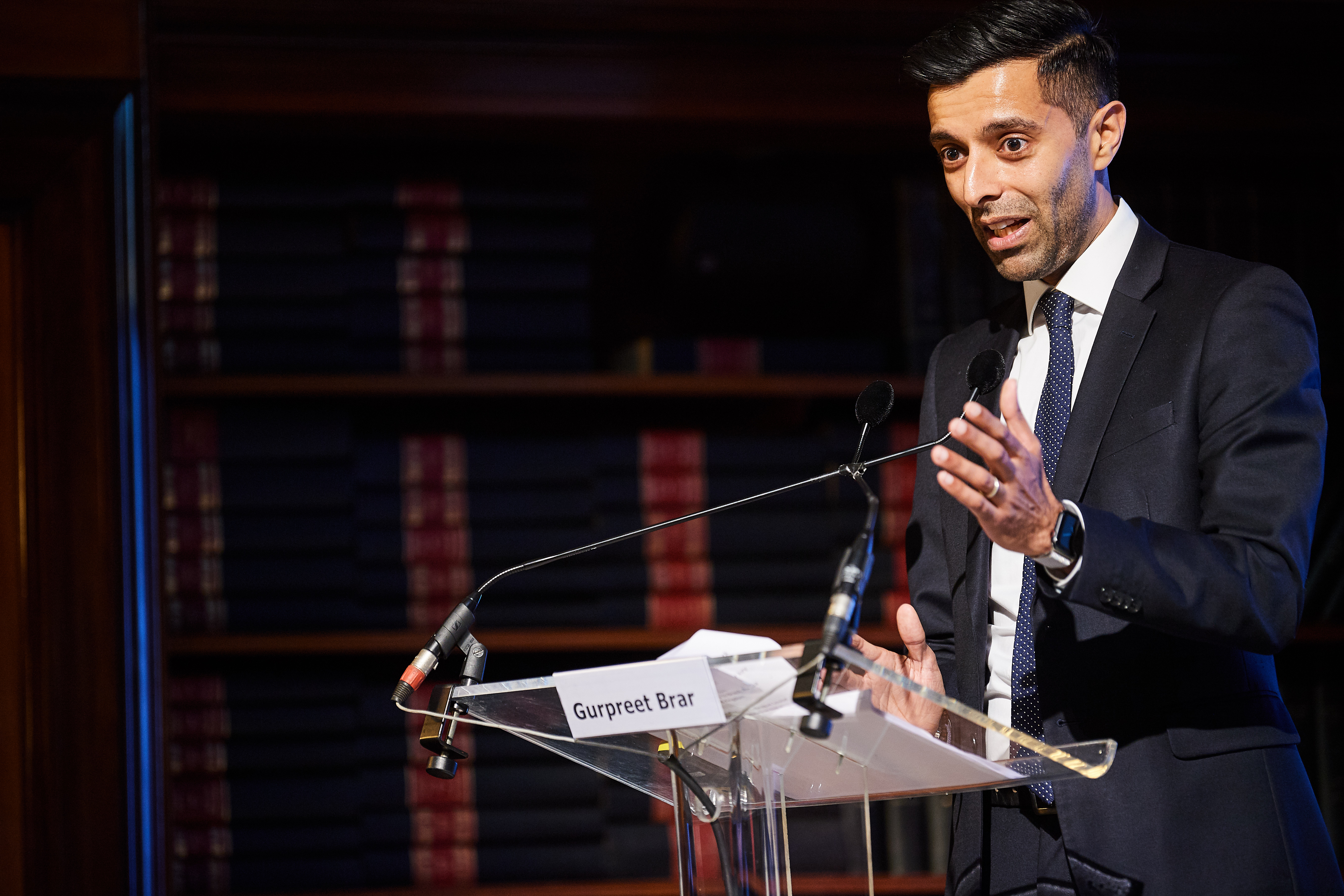
After the welcome address by Gurpreet Brar, General Manager of Edelman Brussels, the 2020 Trust Barometer results were presented by Louise Turner, Managing Director of Edelman Intelligence, Edelman’s research arm.
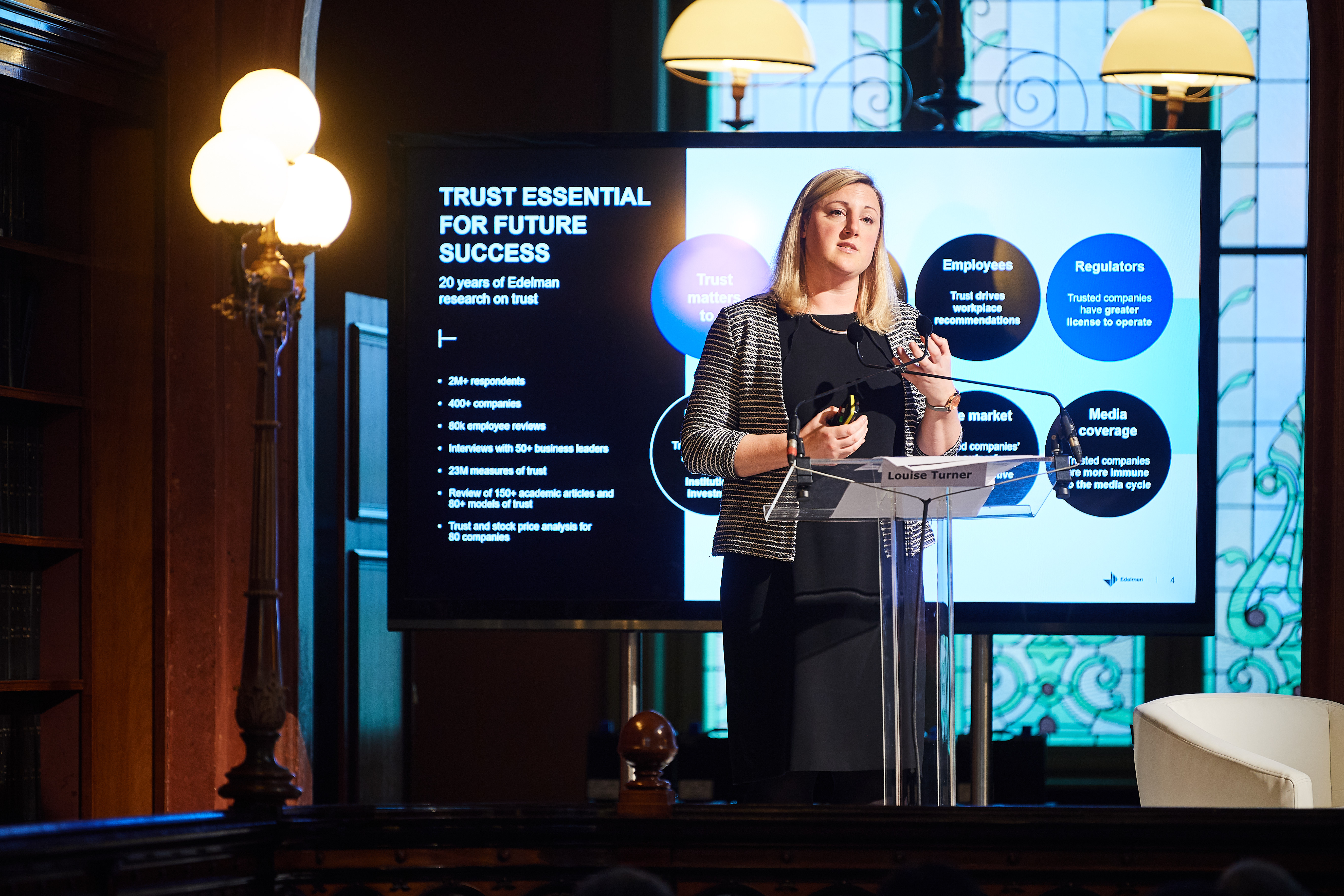
People generally feel unprepared for the future
They are concerned about fake news and the pace of technology innovation. More than half of the respondents said that technology will make it impossible to know what people are hearing and seeing is real. Governments are not regarded as sufficiently capable to regulate emerging technologies effectively. 80% of respondents fear for their jobs in a gig economy and due to automation and a looking recession, as they feel they are not being sufficiently retrained with the right skills. 70% of respondents feel that current government and business leaders will not be able to address current challenges to society.
The Barometer defined trust along the axes of Competence and Ethics. In the EU, none of the four institutions measured (government, business. media, NGOs) are regarded as acting both competently and ethically. NGOs are seen as ethical but also as lagging on competence. Governments in Europe scored remarkably low on both metrics as they fail to serve the interests of anyone equally and fairly, instead of the few. This also applies to some extent to Business, that is not regarded as acting ethically per se, though it is the only institution that is considered competent by driving value, prosperity and innovation. Respondents also consider ethical drivers three times more important for building trust in companies than competence.
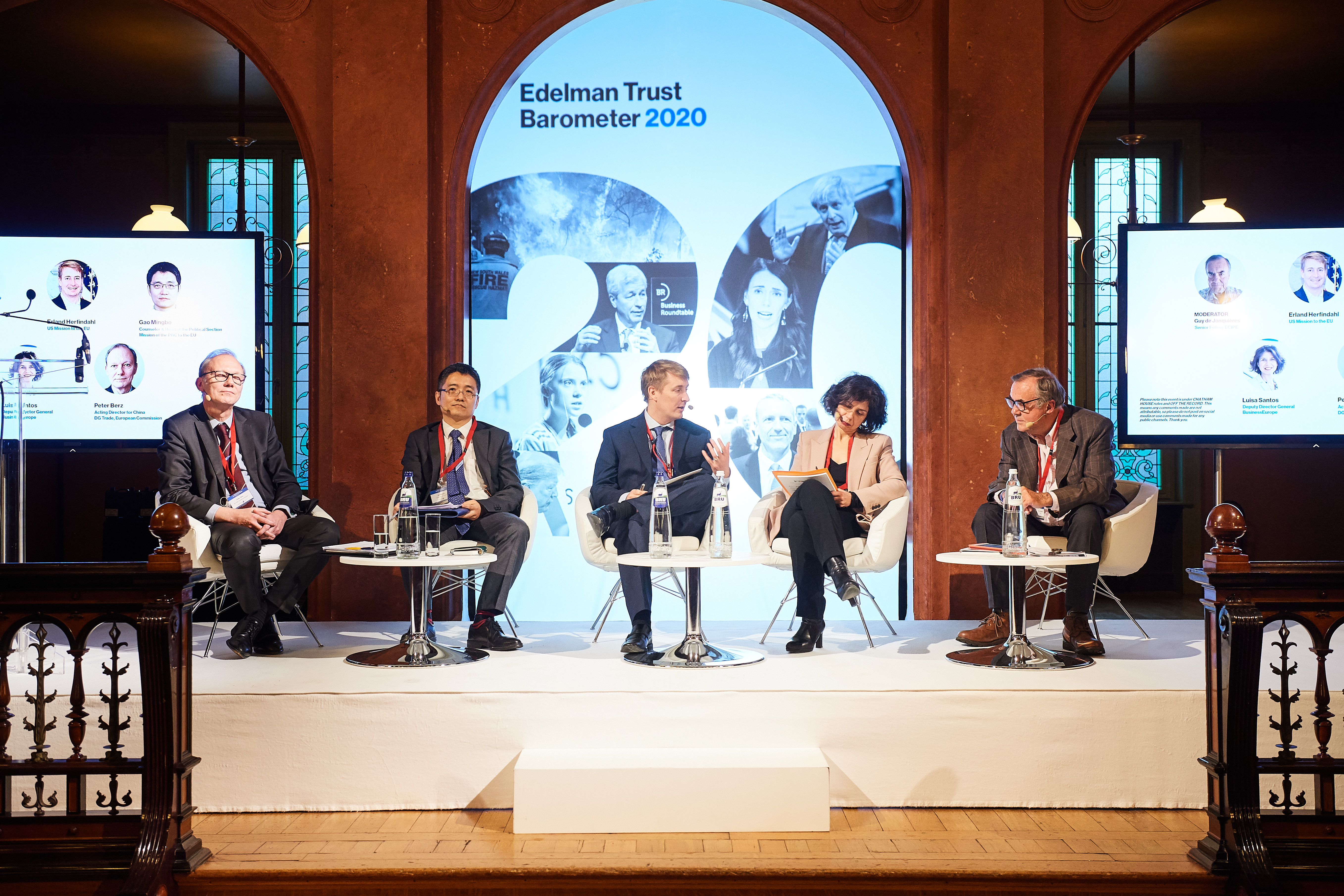
Ethics as a trust driver for companies is defined as having integrity, being dependable and as having purpose. Trends in the business community seem already to move into this direction, with the US business roundtable calling for prioritizing stakeholder value over shareholder value or Blackrock shifting focus of its investment strategy to sustainability.
Trust in Media also suffers
Worried about the quality of information, a little more than half the EU respondents believed media were contaminated with untrustworthy information. Almost three quarter of respondents feared that false information was being used as a weapon. The most trusted sources in communication are scientists, people in local Communities and fellow nationals, over journalists, CEOs, government and religious leaders.
One of the effects of the general fall in trust is that people take the future in their own hands. Examples include student protests to draw attention to climate change, employee activism in protest against automation in retail and in protest against companies’ treatment of women.
Many trends that negatively impact trust are too big to handle by government, business, media or NGOs alone. The view is therefore that new public private partnerships are needed to find ways to accelerate solutions at scale to effectively mitigate concerns around, for example, retraining the workforce to be equipped with the right skill sets for the digital economy.
EU-China relations not a zero-sum game
In his keynote address, H.E. Ambassador Zhang Ming of the Chinese Mission to the EU called on the EU to share responsibilities and work together on the challenges of trust.
“"Without mutual trust, China and EU relations would not have come such a long way. But this trust has come under attack."
The Ambassador urged caution against perspectives on EU-China relations as a zero-sum game, as “these voices cause harm that can never be repaired”. Cooperation on a global level should be seen as the hallmark of trust, according to Ambassador Zhang Ming.
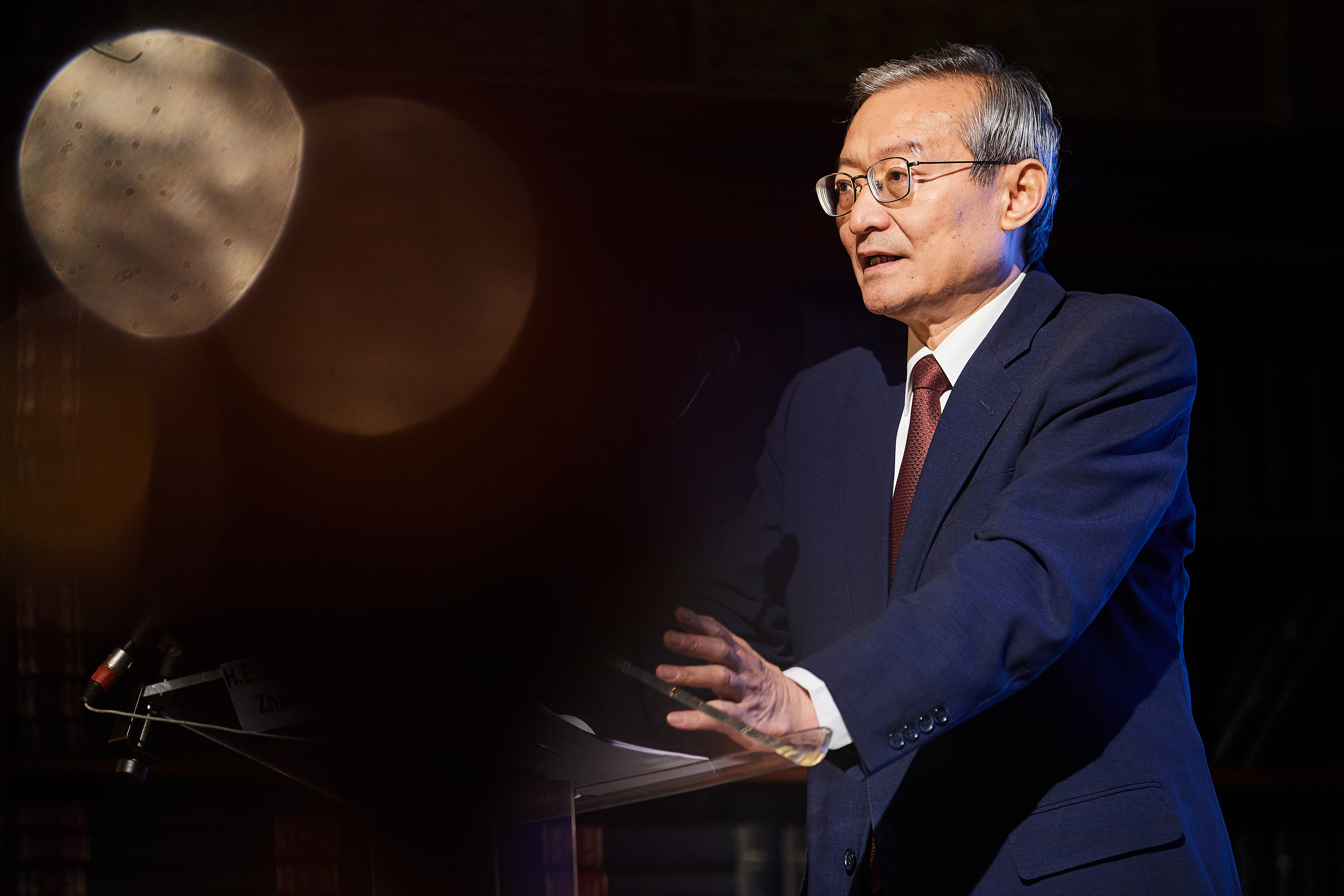
Politicians to compromise and propose real solutions to restore trust
Former Danish PM and Edelman global board member Helle Thorning-Schmidt wrapped up the session with a strong plea to governments and politicians to reach compromises and solve tangible problems in the world. Thorning-Schmidt pointed to the paradox coming out of the Trust Barometer whereby trust was on average lower in democracies with freedom of expression than in autocracies. Negative trends in trust will impact the way people feel about liberal democracy.
“We need to know how to rebuild the trust in governments as it will impact the way people look as democracy. The notion of populism, that even complex problems have simple solutions, has impacted this.”
